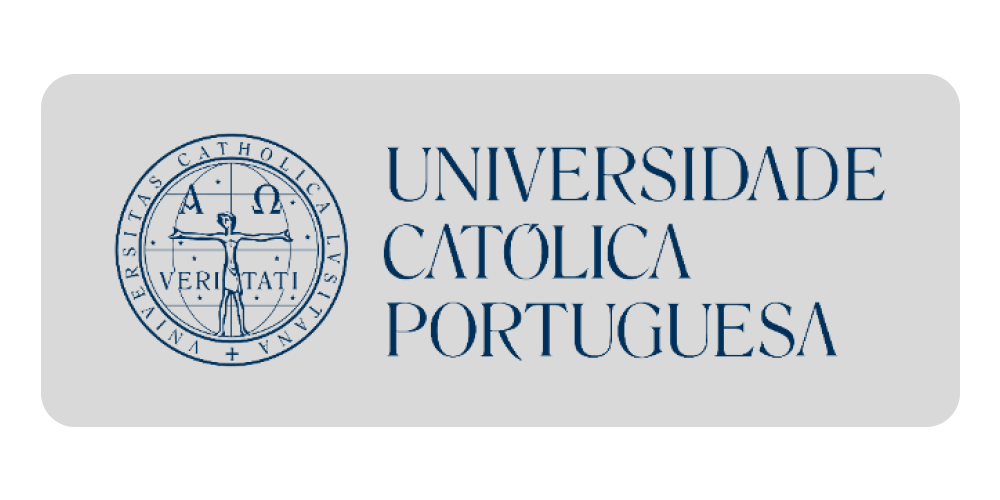'Croatian Institute of History (Hrvatski Institut za Povijest)'
“A SURVEY ON THE COLONISATION OF GYPSIES” OR THE ATTEMPT TO COLONISE ROMA IN THE SAVA BANOVINA
2016
Croatian
Istraživanje u radu obuhvaća analizu odnosa hrvatskih vlasti prema Romima u međuratnom razdoblju. Taj je odnos ponajviše obuhvaćen analizom pitanja na koji su način vlasti Savske banovine promišljale o potrebi koloniziranja Roma na vlastitom području. Naime, pitanje kolonizacije Roma aktualizirano je unutar Savske banovine 1937. na inicijativu križevačkih gradskih vlasti, koje su posebnim dopisom od banovinskih vlasti tražile donošenje posebnoga zakona o kolonizaciji Roma. Agrarno-pravni odsjek Poljoprivrednoga odjeljenja Savske banovine zatim je prikupio mišljenja lokalnih vlasti (kotareva, općina i gradova), iz kojih je vidljiva potpora banovinskim vlastima u kolonizaciji, no istodobno je tek manji dio njih bio spreman izdvojiti određena sredstva za njezino provođenje. Unatoč svim naporima vlasti Savske banovine, nije donesen poseban zakon o kolonizaciji Roma ni druga odredba kojom bi se regulirao njihov položaj.The Romani minority population has been living in the Croatian lands
since the second half of the 14th century and is today one of the older minority groups in the region. The Croatian government began regulating their nomadic way of life in the late 16th century, attempting to permanently settle i.e. colonise them on a certain area. In a way, the Croatian government was as (un)successful in this attempt as other European governments, primarily because they failed to approach the problem in a systematic manner. The question
of colonising the Roma was considered one of the most important steps towards regulating their position in society primarily because it was believed this would resolve the matter of their (constantly highlighted) criminality. The authorities in the Sava Banovina were faced with this – until then unsolvable–problem. Due to increasing public pressure and the initiative of the Križevci town government, the question of Roma colonisation was placed on the agenda of the Sava Banovina’s civil services. A significant number of local
governments answered the mentioned “survey” by expressing their support, though only a small number of them were willing to provide funding for its implementation. The government of the Banovina then presented the problem to Ban Ružić, who demanded further clarifications and the gathering of more data on the Roma. Although there are certain indications that a part of the budget of the Sava Banovina and later the Banovina of Croatia was set aside for implementing “Gypsy colonisation”, it should be noted that they most likely weren’t spent for this purpose since the colonisation never took place. The reason why a special provision was never enacted could be related to the lack of initiative and cooperation between state, Banovina, and municipal authorities.
The government of the Banovina of Croatia also tried to resolve this problem
– certain newspapers reported that a special law concerning the Roma would
be enacted, aimed towards preventing their nomadism and constantly-highlighted
criminal activities. When the Ustasha government came to power in the
Independent State of Croatia, it implemented a radical solution to the “Gypsy
Question” – instead of colonisation, the Roma were subjected to deportation
and mass killings in camps
'Croatian Institute of History (Hrvatski Institut za Povijest)'
“A SURVEY ON THE COLONISATION OF GYPSIES” OR THE ATTEMPT TO COLONISE ROMA IN THE SAVA BANOVINA
Istraživanje u radu obuhvaća analizu odnosa hrvatskih vlasti prema Romima u međuratnom razdoblju. Taj je odnos ponajviše obuhvaćen analizom pitanja na koji su način vlasti Savske banovine promišljale o potrebi koloniziranja Roma na vlastitom području. Naime, pitanje kolonizacije Roma aktualizirano je unutar Savske banovine 1937. na inicijativu križevačkih gradskih vlasti, koje su posebnim dopisom od banovinskih vlasti tražile donošenje posebnoga zakona o kolonizaciji Roma. Agrarno-pravni odsjek...
Preuzmite dokument
Croatian
2016
 Danijel Vojak
Danijel Vojak






